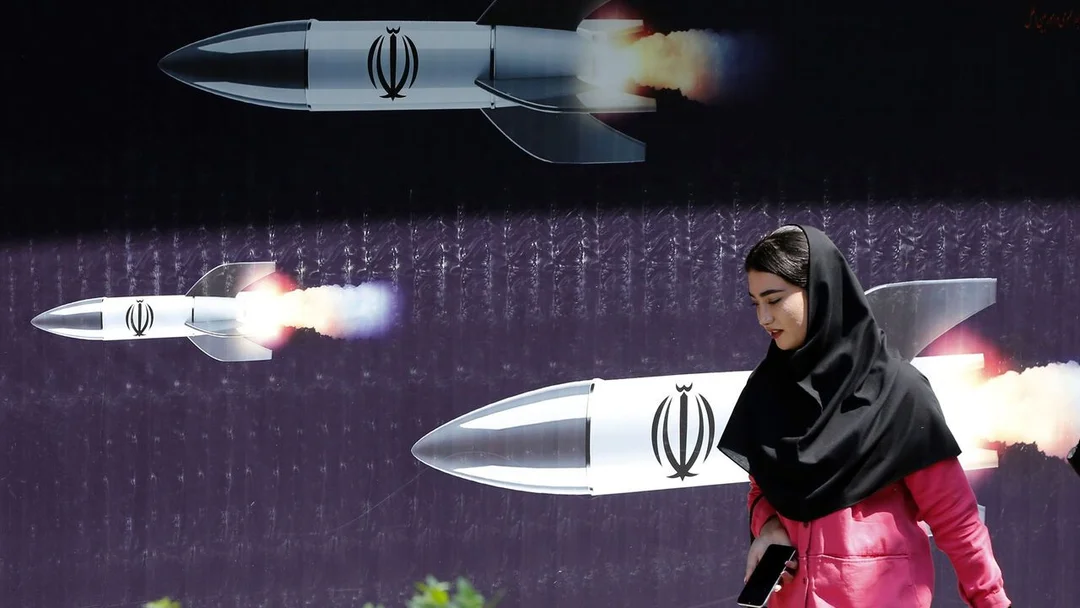
Trump Pushes for a Tougher Iran Nuclear Deal Amid High Tensions and Political Divides
The United States is heading into crucial nuclear talks with Iran this Saturday, in a dramatic bid by President Donald Trump to forge an agreement he insists must outdo the Obama-era accord he long criticized. As global anxieties simmer over Tehran's nuclear ambitions and regional conflicts, these negotiations stand as a pivotal test for Trump's diplomatic gamble and America's leverage on the world stage.

Back in 2016, then-candidate Trump lambasted President Obama's original Iran nuclear deal as a missed opportunity for tougher restrictions, claiming, "They negotiated so badly... It’s a deal that could’ve been so much better just if they’d walked a couple of times." Fast forward to 2025, and the challenge is even steeper: Iran is now allegedly much closer to a nuclear weapon, a consequence, critics say, in part of Trump’s own decision to abandon the prior agreement in 2018.
The stakes could not be higher. Trump's inner circle for these negotiations includes Steve Witkoff, a New York real estate developer with little apparent background in nuclear issues. His unconventional appointment echoes Trump’s history of using outsiders in key roles, with some observers hopeful for unconventional results, and others alarmed at the lack of technical expertise at the table.
The divide between Washington and Tehran remains stark. While Iranian leaders appear to seek a return to constraints similar to 2015—limiting their enriched uranium stockpile—the Trump team is demanding far more: the dismantling of yellowcake enrichment facilities, curbs on Iran's missile program, and an end to Tehran's support for regional proxy groups like Hamas and Hezbollah.
Iran is reportedly resistant to direct U.S. talks, preferring to negotiate—at least initially—via intermediaries in Oman. This indirect approach underscores the deep mistrust but also a shared sense of urgency. As one American official put it, with snapback sanctions due to expire on October 18, “We are at risk of losing one of our most critical points of leverage.”
Senator Jeanne Shaheen (D-NH), a leading Democrat on the Senate Foreign Relations Committee, did not mince words: Trump's withdrawal from the agreement was "a serious mistake," she declared, warning that Iran's program advances each day talks stall.

Analysts suggest that Trump’s unconventional moves—bringing in outsiders like Witkoff, pushing for sweeping new demands—may either produce a game-changing deal or deepen mistrust and deadlock. The likelihood of a diplomatic breakthrough remains uncertain, but all eyes are now on Oman as the world waits to see whether this high-wire negotiation will deliver peace or a new round of tension in the Middle East.
Will Trump's bold strategy prove prescient, or will the gulf between American and Iranian positions prove too wide to bridge? Readers, what do you think: is a better Iran deal possible, or are expectations for rapid progress misplaced? Share your thoughts below and join the conversation.